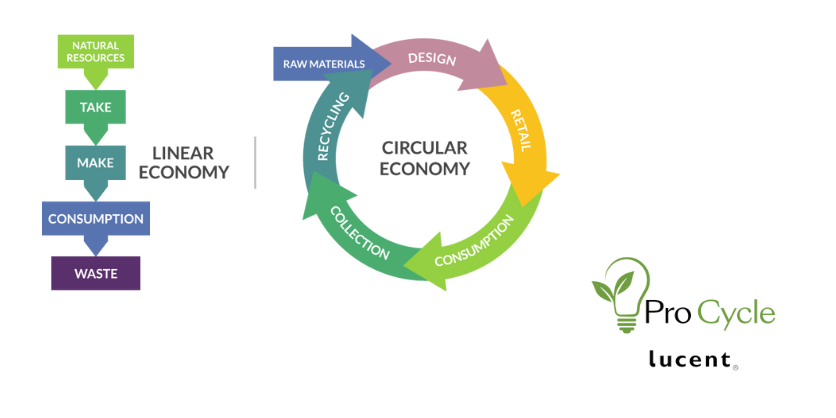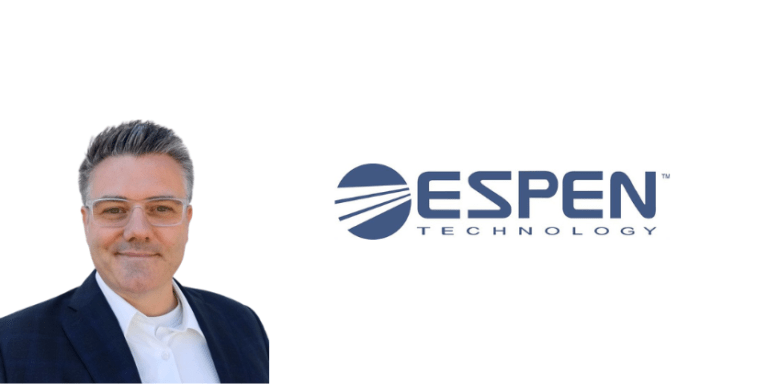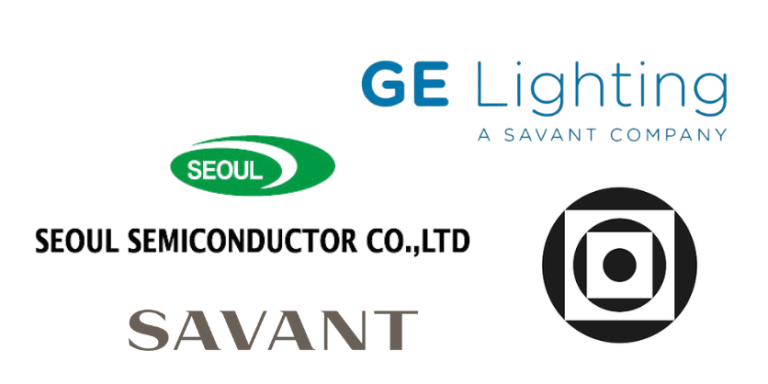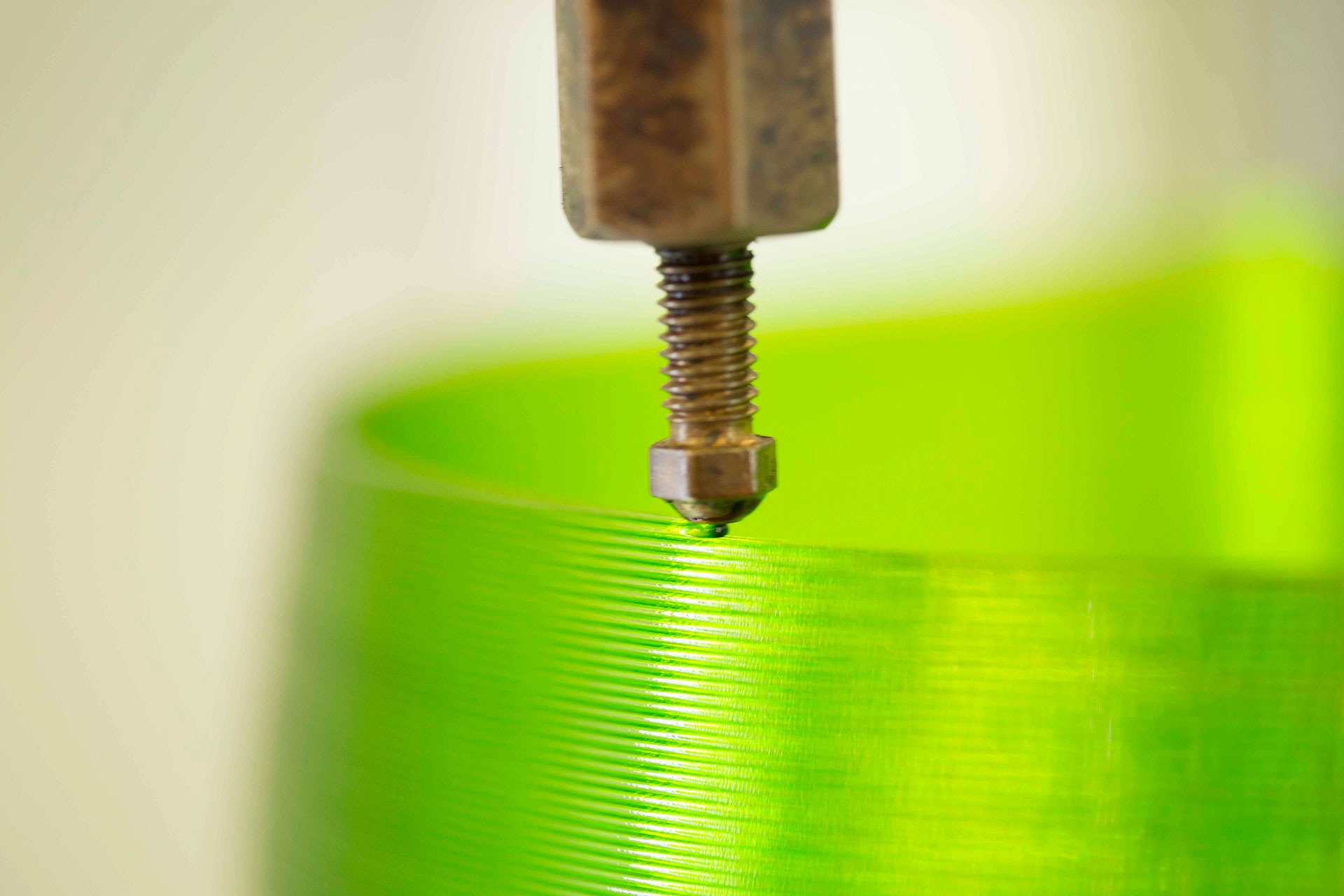Lucent Lighting Outlines Steps for Sustainable Solutions

With offices in London and New York City, architectural lighting manufacturer Lucent Lighting has taken steps to cut its environmental impact and encourages other lighting manufacturers to follow suit in embracing sustainable solutions for the industry.
Lucie Sidwell, Global Operations Director of Lucent Lighting, notes that one of the ways to reduce this impact is by reusing and incorporating recycled materials into the design and manufacture of products, a measure Lucent has been working towards.
“Lucent Lighting has acted as a pioneer in the industry, working with sustainability at the forefront of its manufacturing process,” she states. “It is important for manufacturers to assess the environmental impact of their luminaires so that they can prioritize where in the business they need to make changes — and this can be done through Environmental Product Declarations (EPDs) and Lifecycle Analysis, both of which Lucent is now able to offer customers.”
According to Sidwell, another efficient way to ensure the sustainability of a lighting product is to focus on its modularity, making it easier to reuse and replace parts of a luminaire for interchangeability and upgrade. “Lucent made the conscious decision to continue promoting modularity in the production process of all of our products going forward,” she comments.
With the introduction of the ProCycle initiative, Lucent has taken the reuse of luminaires to a new level. ProCycle offers a 20-year duty of care following the supply of luminaires. Once a luminaire reaches the end of its life, the LED and driver can be returned to Lucent for refurbishment of the LED module, while the driver is re-supplied with a new 5-year warranty. This initiative will contribute significantly to Lucent’s commitment to monitor, evaluate, and develop practices that ensure the company remains a carbon-neutral enterprise.
Manufacturers, suppliers, and specifiers are seeing client bases calling for more sustainable solutions for their projects, and these circular economy strategies need to be implemented on a global scale to meet this growing demand.
Although strides have been made in the industry and interest is increasing, there is still a remaining stigma of reusing luminaires and there is a way to go before this is accepted into all projects. The best thing that manufacturers can do is ensure they are offering a sustainable solution so that clients can make an informed choice.
There is also increased demand from specifiers for products which have Environmental Product Declarations (EPDs) and life cycle analysis. Lucent boasts a variety of accreditations, including ISO 14001, an EcoVadis Silver Medal, and was awarded Carbon Neutral status in 2021 and 2023.
Having information such as ISO 14001 on documents readily available is a positive step as it allows specifiers to make the most sustainable choice more easily. Yet this also presents an issue for manufacturers who work on a global scale, such as Lucent, as different countries and clients have different requirements to meet.
By encouraging a standard format across the market, it will be easier for manufacturers to supply the requirements for each client, and for specifiers, suppliers, and clients to make more sustainable choices in lighting products.








